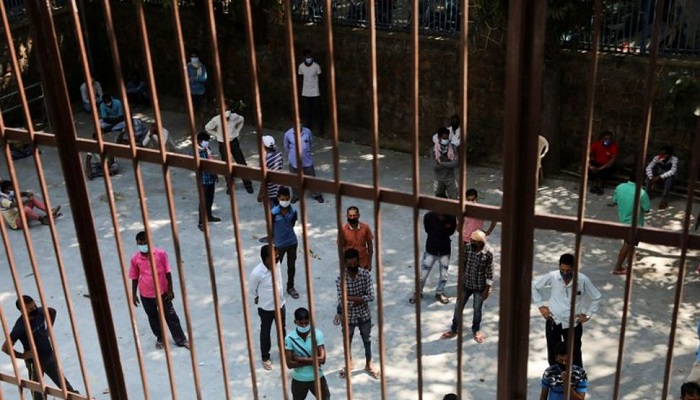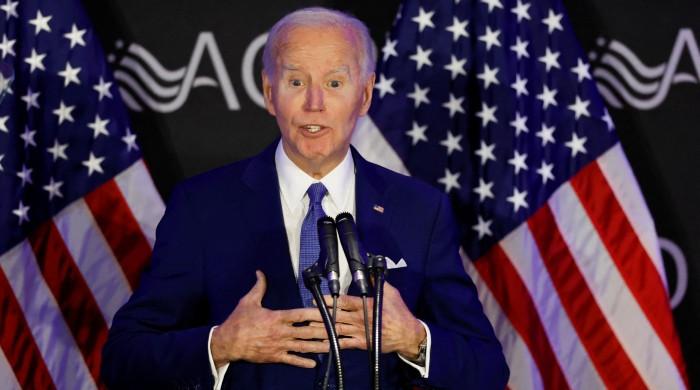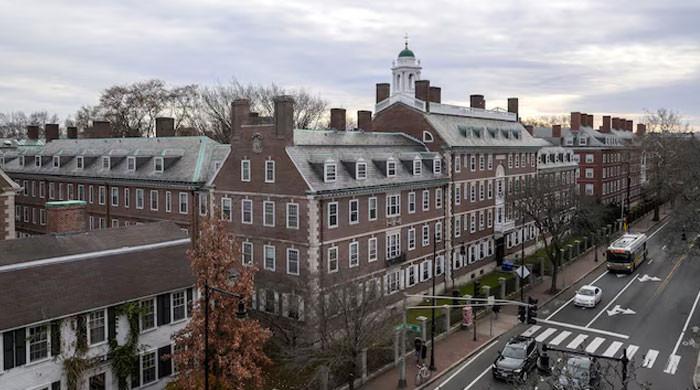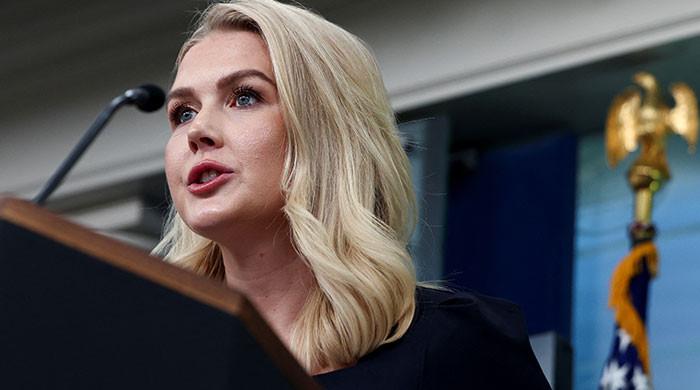Amid rising COVID-19 cases, India parliament session may be cut short
The government has also mandated daily tests for journalist entering parliament to cover the session from Saturday
September 19, 2020

NEW DELHI: As the number of cases in the country rose to 5.3 million, India’s parliament session that began this week is likely to be cut short after 30 lawmakers were found infected with the coronavirus, two senior parliament officials said on Saturday.
The Indian parliament met for the first time in six months on September 14 and was to function until October 1, but the two officials said its duration could be reduced by a week.
“Since the commencement of the session the number of positive cases have gone up so the government is thinking of cutting short the session,” said one of the two officials, who are involved in the functioning of parliament proceedings.
The government has also mandated daily tests for journalist entering parliament to cover the session from Saturday.
The lower and upper house secretariats did not immediately respond to a request for comment.
Read more: 'Everyone could be a potential coronavirus carrier in India'
India, which recorded 93,337 new infections in the last 24 hours, has been posting the highest single-day caseload in the world since early August, according to a Reuters tally.
India is the second-most badly hit country after the United States with total recorded coronavirus cases at 5.3 million. The virus killed 1,247 people in the last 24 hours, taking the total death toll to 85,619, government data showed on Saturday.
The lawmakers who have been infected include Nitin Gadkari, highways, and small enterprises minister in Prime Minister’s Narendra Modi’s cabinet.
On Wednesday, India’s federal government ordered its states not to hoard oxygen supplies and allow free movement to cope with the rising number of cases.











